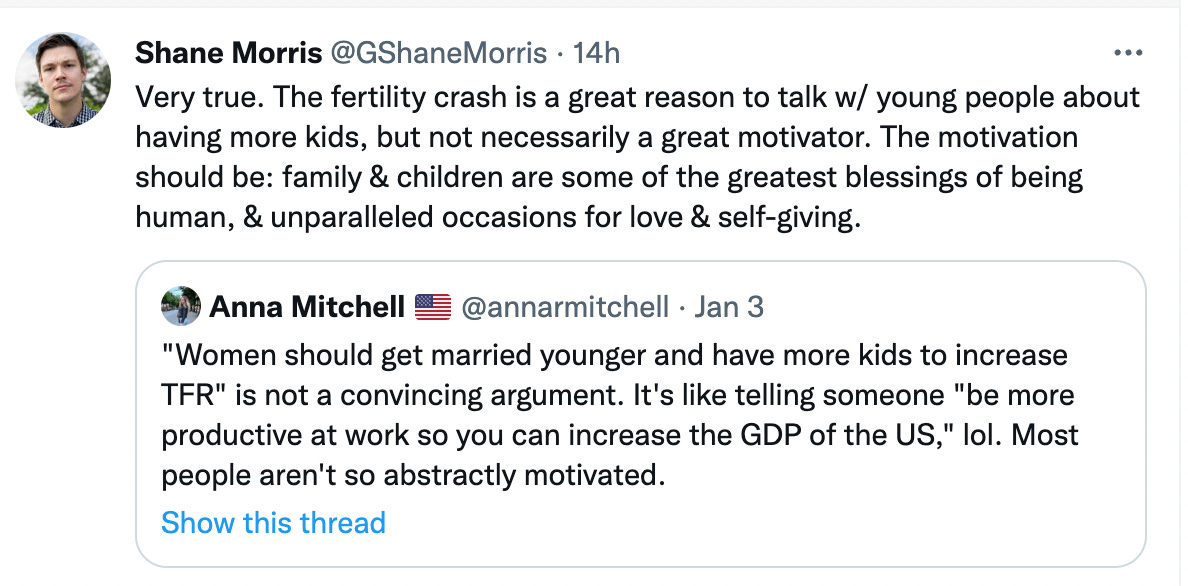The Cumulative Weight of the Evidence
I was outside the restaurant, waiting for my friend. She arrived a little late, a little flustered, a little distracted. “Sorry!”, she hurriedly apologised. “I was listening to the latest episode of Serial and lost track of the time”.
“Serial?”, I asked, “What’s that?”
“You know. Serial. The podcast”, she replied
“Podcast?”, I asked, “What’s that?”.
And so, over dinner, all those years ago, I was introduced not only to the medium of podcasting but to the specific genre of true crime podcasting. And yes, I became hooked. First to Serial. Then to all its spin-offs. And then to a countless number of subsequent true-crime mysteries.
Over time, I’ve come to realise that it’s not so much the tragedy of true crime itself that hooks me in, but rather its search for the truth. That’s what I find so compelling—the notion of moving from the unknown to the known. The process of uncovering the facts, assembling them in order, analysing their significance and working towards a conclusion. My intrigue with the journey from mystery to discovery is why my Spotify library boasts an extensive list of long-form true crime podcasts and almost none of the “done-and-dusted-in-a-single-episode” variety.
Ok. Ok. I’m sure you’re wondering why exactly I’m rambling on and on about my podcast proclivities. I mean, what on earth has it got to do with anything I normally write about?
Well, here comes the link.
It Really *IS* About The Journey
I find long-form investigative podcasts intriguing for the way they communicate an unfolding and ongoing story, piece by piece.
They start with a reality (e.g., a missing person). Then they go back and begin the process of locating that reality within its broader context (e.g., who was this person; what did their life look like; who were they in relationships with, etc.). Then they start looking at how individual pieces of evidence begin to fit into that story (e.g., a time-stamped receipt found in their car; the last phone call they made; an odd comment made by the person who saw them last; a spot of blood found in the garage, etc.)
When taken individually, all those pieces of evidence seem fairly innocuous and insignificant. But when you place one beside another, beside another, beside another... things begin to take shape. All these individually innocuous things become collectively significant. Together, they begin to tell a story.
Ultimately, it’s not about any individual piece of evidence, but the cumulative weight of all the evidence. And the same is true for the contemporary evangelical discourse on singleness.
We start with a reality. Namely, that singleness is largely looked upon as a tragic, impoverished, deficient, inferior, pitiable, substandard situation for the evangelical Christian.
We then begin the process of locating that reality in its broader theological and historical context. Namely, that singleness is viewed the way it is largely because of how we have come, over time, to theologically and pastorally view other important realities such as marriage, sexuality, friendship, family and so on. The simple reality is informed by the much larger story.
And then, we begin to look at how individual pieces fit into that story. Namely, we take individual comments in sermons, sentences in books, words in tweets, lines in podcasts one at a time. On their own, none of them might seem particularly significant. In fact, they might appear totally innocuous and even irrelevant. But when you start lining them up, one next to the other next to the other, you begin to see how the individual pieces are collectively significant. You begin to see how, together, they tell a story.
You begin to realise that what matters is the cumulative weight of the evidence.
Let me give you an example.
An Evidentiary Case in Point
Today, a Christian writer, podcaster and theological student named Shane Morris tweeted the below (click to go directly to the tweet itself).
I offered the following critique of his claim that having children offer “unparalleled occasions for love and self-giving”:
What then followed was a series of responses from him in which he:
Wrote he had “never seen someone work so hard to straw man a tweet”, and gave me an “A for effort”
Dismissively referred to my many years of theological study, doctoral research, founding of a parachurch ministry, publishing of a book and extensive writing and speaking ministry as the “Christian single grievance studies niche you’ve carved out for yourself”
Called me a hammer in need of a nail and suggested that might be because my book sales are down. (For the record, he’s referring to my book which won’t even be released until May)
I’d be lying if I said I didn’t find this deeply disappointing and insulting behaviour from someone I’m united to in Christ. I’m an (older) sister in Christ who has plenty more years of theological study, pastoral ministry and teaching experience under my belt than he does. None of that means I am right and he is wrong. But it does mean he should be willing to treat me with, if not some respect, at least without scorn.
But let’s leave that aside for the moment. Because, you may just be thinking that he has a point, right? You may have read his original tweet and thought :
“Well, maybe he really was just using ‘unparalleled’ as a synonym for ‘unique’?”
“Maybe he really wasn’t attempting to suggest that those who have children have exceptional, unmatched, unsurpassed occasion to be loving and self-giving, over and above those who do not have children?”
“Maybe you really are straw-manning him here, Dani?”.
If you are thinking that, then I get it. No, I really do. That one individual comment might seem innocuous to you. Insignificant. Nothing to get worked up about.
Except, remember… one passing evangelical comment about marriage, children, singleness, sex and so on is never just one passing comment. Instead, it is part of a larger discourse. It needs to be read in the context of the bigger story. It needs to be understood as something that both flows out of that broader narrative while also reciprocally informing and shaping that same narrative’s future.
You see, when I read that comment from Shane Morris countless others comments immediately sprang to my mind. Comments such as:
“If you want to become more like Jesus I can’t imagine anything better to do than to get married” – Gary Thomas
"Marriage was long believed to produce positive spiritual growth and development that singleness was simply incapable of accomplishing." - Debbie Maken
"Selfishness might be just as rampant in marriage, and certainly more visible, but the single life by nature caters to and cultivates it." - Marshall Segal
“…marriage and parenting provide a crucible for holiness unlike any other . . . for every weary mother, daily sacrificing her own time, energy and resources for her husband and children, there are singles who are virtually indistinguishable from their unbelieving friends” – Candace Watters
“Scripture is clear that God will sanctify us largely through our marriages.” – Albert Mohler
Oh, and to bring it full circle…
“If you’re single, your calling is not to sit around writing articles and tweets about how the church—the vast, vast majority of whom are married or will be married—needs to reshape itself around you” – Shane Morris
“And there is literally no deeper investment in human beings than the one you undertake by being in a family and parenting” - Shane Morris
“Without the natural connections and belonging that literally emerge from marriage and fertility, the latter years become very cold and lonely. Those "Friendsgivings" will get old, quickly.” - Shane Morris
“… much of the “whaddabout singles” attitude is sour grapes” – Shane Morris
Friends, that’s the context in which we single Christians necessarily read such comments. That’s the context that is inescapable for us. That’s the context in which we find ourselves deeply embedded.
And that’s the context we wish, hope, pray, long that our married friends (and married strangers on Twitter) could also see clearly. That’s the context we want you to recognise you play your own part in. That’s the context you have the potential to reform, such that it becomes one which is more biblically faithful, theologically robust and pastorally nourishing.
In The Evidentiary Light
So, no. The cumulative weight of the evidence means I don’t accept Shane Morris’ objection that he did not in any way intend to imply a qualitative comparison between the occasions for love and self-giving of those who have children and those who don’t. His own words elsewhere undermine that objection.
No. The cumulative weight of the evidence means that I don’t believe I was straw-manning his argument.
No. The cumulative weight of the evidence means I was not merely looking for a reason to feel offended.
No. The cumulative weight of the evidence means I was not simply being an ungracious pedant.
No. The cumulative weight of the evidence means that I was not merely a hammer in search of a nail.
And, yes.
The cumulative weight of the evidence means that those evangelicals who choose to make theological comments about the significance, value, place and purpose of marriage, singleness and family in life and the church (myself included) need to recognise that we do so within a broader discourse made up of the collective whole. We need to recognise that we are one part of that collective whole.
But we also need to recognise that the whole is only the whole because of all the parts. Every single piece matters within that cumulative total. Every single piece has a part to play. Every single piece can, within God’s good purposes, make a difference to the bigger story which is being constructed. Every single piece has a responsibility to conform the story it tells to Christ’s glorious one.






A writer friend shared your article with me and while I have no context for the Twitter conversation that ensued from your holding a younger brother in Christ accountable for the words he used, I do want to say thank you!
Thank you for giving me words to use for my own experience. Thank you for writing this so I can share with others who don’t understand why I “nit pick” at words everyone uses. It’s easy for those who have lived the majority experience to ignore the blindspots, but for those of us who live in those blindspots, it’s impossible to ignore them!
The Body of Christ is meant to be whole. However, if single Christ-Followers don’t feel safe and welcomed in that Body, we aren’t functioning as a whole Body, but as a Body biased to the majority experience, and blinded to the fact that there is even a problem.
Apparently, Shane believes the married life is morally superior to the single life. He carries a big chip on his shoulder about singles. In a subtle sort of way, he creates his own spiritual hierarchy. Top of the list is husband/wife/many children. Infertile couples and singles take a back seat. I find Shane's demeanor reprehensible.